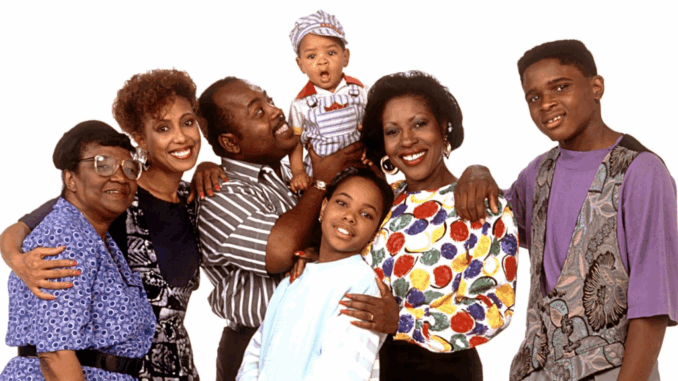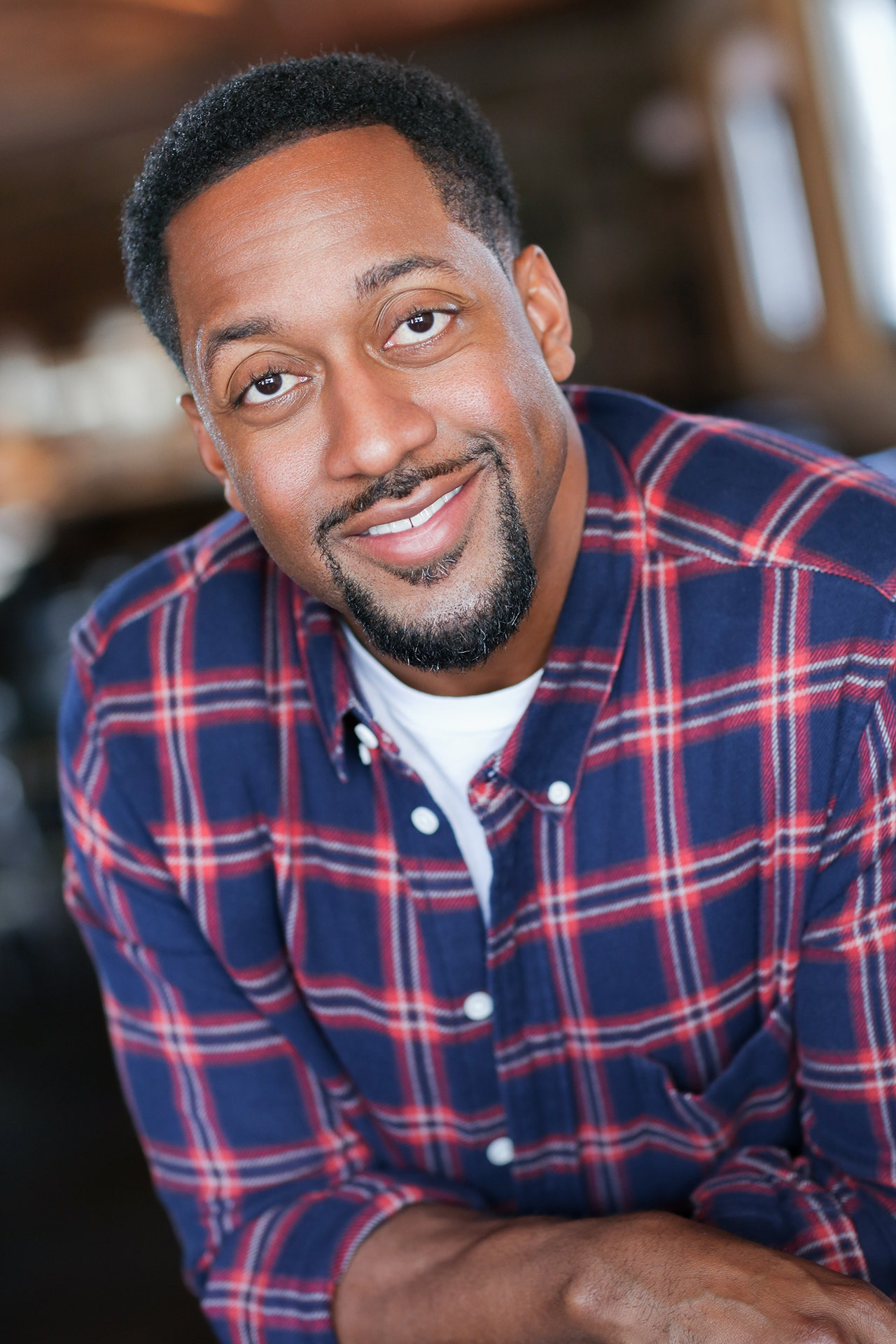
Jaleel White, best known for his role as the quirky, lovable Steve Urkel on the hit ’90s sitcom Family Matters, made headlines when he publicly declined to be part of a reboot of the show. While many fans were excited by the idea of seeing the Winslows and Urkel again in a modern context, White took a firm stance. His reasons go beyond a simple “no” — they reveal deeper convictions about creative integrity, legacy, and the challenges of reliving the past.
A Beloved Sitcom and a Surprise Star
Family Matters aired from 1989 to 1998 and originally centered on the Winslow family, a middle-class African-American household living in Chicago. The show was meant to be a family ensemble comedy, focusing on relatable issues of parenting, teen drama, and marriage. However, everything changed with the unexpected breakout popularity of Steve Urkel, the nerdy neighbor with a squeaky voice, high-waisted pants, and a heart of gold.
Played by White, Urkel quickly went from a one-time character to the series’ unofficial lead. His catchphrases (“Did I do that?”) and slapstick antics turned him into a pop culture phenomenon. But his overwhelming presence also came with tension behind the scenes and some level of controversy among the cast. Despite all of this, the show remained a fan favorite, and Steve Urkel became a defining figure of ’90s television.

The Reboot Wave and the Urkel Legacy
In the mid-2010s, as TV reboots gained traction (Fuller House, Boy Meets World, The Fresh Prince Reunion), it was only natural that studios would explore reviving Family Matters. Discussions reportedly took place about a reboot focusing on Steve Urkel and his family — including the idea of introducing Urkel’s son, perhaps even picking up years after Steve’s marriage to Laura Winslow.
White was offered a chance to reprise his role, but he turned it down. For fans, this was puzzling. Why would the man who embodied one of TV’s most iconic characters not want to return?
White’s Explanation: “It Didn’t Make Sense”
According to White, the concept of the reboot simply didn’t align with what made the original special. “It didn’t make sense,” he said in an interview. While he appreciated the legacy of Family Matters, he felt that any attempt to recreate its success would feel forced. He acknowledged that the show worked in the context of the 1990s, a very different cultural and media landscape. Trying to revive that formula in a new era, with different values, humor, and audience expectations, felt disingenuous to him.
Moreover, White shared that his experiences growing up in the spotlight as a child star were complex and often misunderstood. He didn’t want to revisit a sanitized version of that time or play a version of Urkel that was disconnected from the emotional truth of his personal growth.
The Pitch That Got Rejected
Instead of a reboot, White proposed a more personal idea — a single-camera, coming-of-age dramedy inspired by his own experiences, in the same vein as Young Sheldon. His pitch centered around a 12-year-old boy navigating fame and life as a child actor, drawing from his own story of becoming Urkel and the personal cost of that fame.
This show, according to White, would have explored themes of identity, pressure, family expectations, and the challenges of being typecast so early in life. It was a creative way to pay homage to Family Matters without merely recreating it. However, the idea was dismissed by producers who reportedly said that no one would be interested in “his memoirs.”
White saw this as a missed opportunity — not just for himself, but for TV as a whole. He believed that television needed more authentic, untold stories, especially those that reflect the behind-the-scenes realities of Black entertainers and the cost of early success.
Refusing Nostalgia for Its Own Sake
Another reason White turned down the reboot was his discomfort with what he called “nostalgia-for-nostalgia’s sake.” He argued that many reboots rely heavily on the emotions audiences once felt without offering anything new or meaningful. In his eyes, the best shows grow with their audience. If a Family Matters reboot couldn’t deliver growth, reflection, or a new lens, then it would only cheapen the memory of what the show originally meant.
He also pointed out that the world has changed. The humor, tone, and pacing of ’90s sitcoms don’t always resonate with today’s viewers, especially younger generations who didn’t grow up with them. Rather than trying to make Family Matters relevant again through superficial updates, White felt it was more respectful to leave it as it was — a cultural time capsule of sorts.
The Challenges of Being Urkel Forever
Part of White’s reluctance also stemmed from the burden of being forever linked to a character he created decades ago. In his memoir, Growing Up Urkel, he discusses how playing the same role for years affected his sense of self. He sometimes felt trapped in a fictional persona that the public adored but that didn’t reflect the man he was becoming.
Playing Urkel again, especially in a comedic, exaggerated way, would have required him to revisit an identity that was no longer his own. White wanted to move forward, not backward — and certainly not into a role that once defined, and at times, limited him.
Respecting the Cast and the Original Message
White has consistently emphasized that his decision was not made out of bitterness or disdain. In fact, he remains grateful for the cast and crew of Family Matters and the unique bond they shared. He often praises co-stars like Reginald VelJohnson (Carl Winslow) and Jo Marie Payton (Harriette Winslow) for their professionalism and support during his formative years.
He believes that Family Matters worked because it was a rare show about a Black middle-class family in prime time, breaking stereotypes and telling relatable stories. Any reboot that didn’t honor that purpose — or that reduced the show to a nostalgic gimmick — would do a disservice to its groundbreaking legacy.
Moving On and Looking Ahead
Today, Jaleel White continues to work in the entertainment industry, both in front of and behind the camera. He’s taken on voice roles, produced documentaries, and explored creative ventures far removed from Urkel. Rather than being bitter about being typecast, he chooses to celebrate his history while focusing on telling new stories.
His stance on the reboot sends a clear message: sometimes the best way to honor the past is to let it rest — with grace, pride, and a clear eye on the future.
